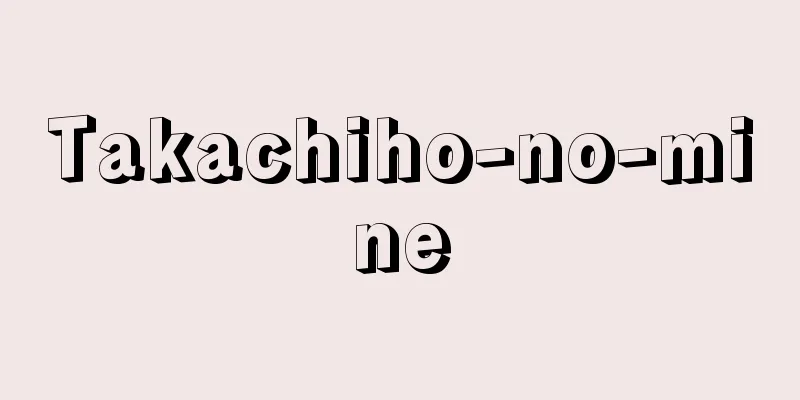Geng Yin Yearbook - Kouin Nenjaku

|
In 690 (the year of the Koin Tiger), by order of Empress Jito, this was created based on the Asuka Kiyomihara Code, and was the fundamental register for controlling citizens, succeeding the Kogo annual register. From then on, a system was established in which family registers were created every six years and land allocation was based on these registers. Source: Obunsha Japanese History Dictionary, Third Edition About Obunsha Japanese History Dictionary, Third Edition |
|
690年(庚寅の年),持統天皇の命により飛鳥浄御原令に基づいて作成された戸籍 庚午年籍に続く公民支配の根本台帳で,以後6年ごとに戸籍を作成し,それに基づいて班田を行う制度が確立した。 出典 旺文社日本史事典 三訂版旺文社日本史事典 三訂版について 情報 |
Recommend
"Red Ship"
…He started writing novels while he was a student...
Honey mushroom
...The unique mycelium bundles of the armillaria ...
Pacific white-sided dolphin
A mammal of the Delphinidae family in the Toothed ...
Attalos I
269 BCE - 197 BCE King of Pergamum. Reigned 241-...
Gazella dorcas (English spelling)
…[Yoshinori Imaizumi]. … *Some of the terminology...
Thematic poem - Daiei
A method of composing waka poetry based on a pred...
Rotten City - Rotten City
〘 noun 〙① A market where waste and junk are bought...
Stanovoe nagor'e (English spelling) Stanovoenagore
...Rain is heavy from summer to autumn. The mount...
Kanbo - meditation
In Buddhism, observing the Dharma (truth) in orde...
Modern Kana Spelling - Modern Kana Spelling
One of the kana spellings. It was promulgated by ...
Primitive Christianity
This usually refers to the 100 years of Christiani...
Very large crude oil carrier
… 1960-65 was a period of increased capacity and ...
Le Duy Mat (English spelling)
?-1770 A rebel leader in 18th century Vietnam. Bor...
Moloch
…The name Moloch is a derogatory term that combin...
Omura
… [Katsumi Matsushita] [cooking] As Kaibara Ekike...









